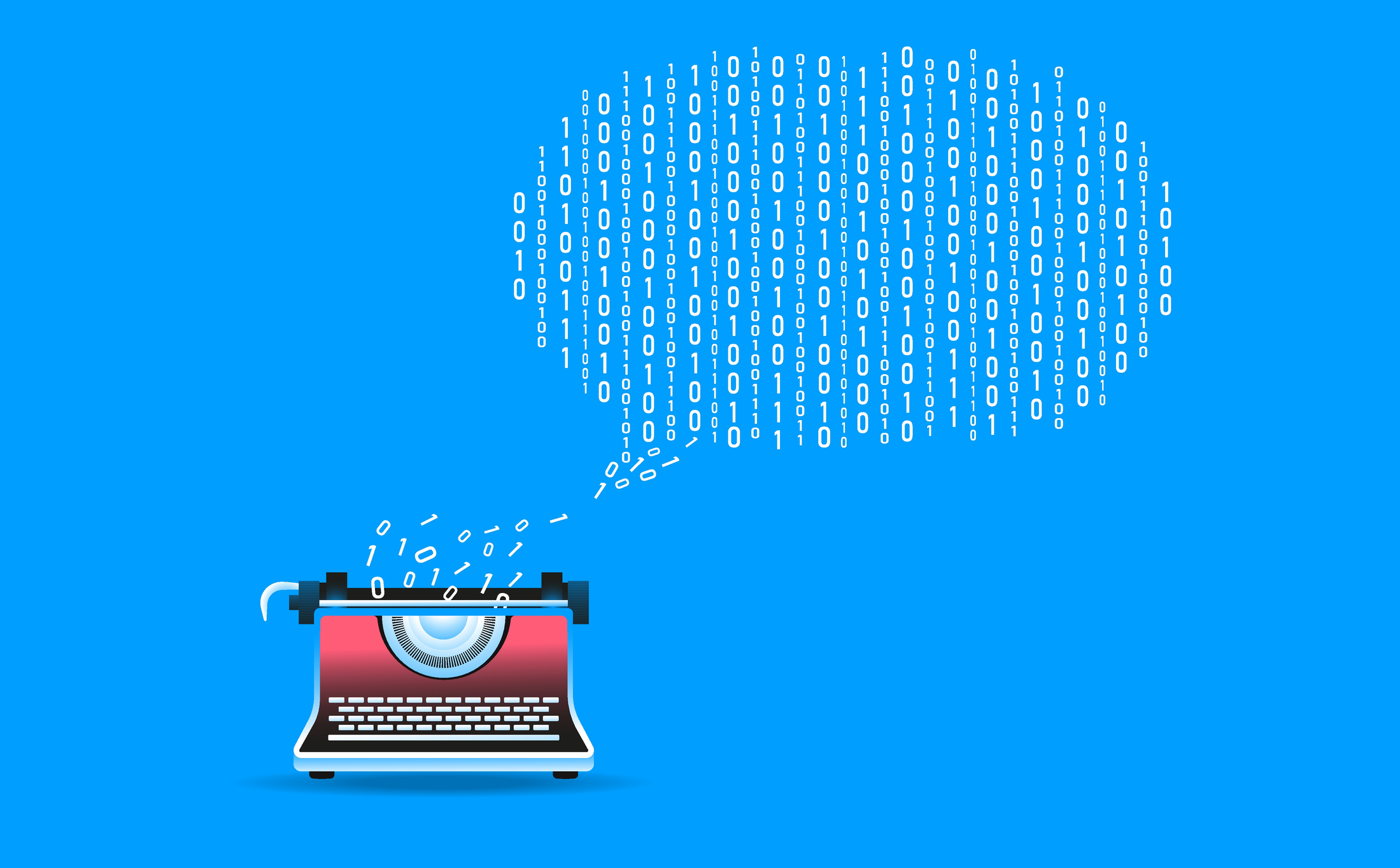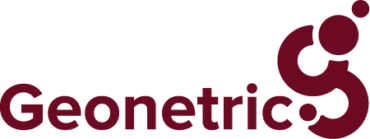When it comes to artificial intelligence and content marketing, it can be easy to fall into one of two extreme schools of thought: those who believe AI can do everything and are eager to incorporate it into as many of their workflows as possible, and those who consider it the downfall of writing and wouldn’t touch an AI tool with a ten-foot pole.
But somewhere in the middle lies an opportunity for healthcare marketers, especially those working on small teams or with limited resources, to streamline their content efforts and do more with less.
That isn’t your green light to pump out pages and pages of AI-generated content without giving them a second glance, of course. But by following a few key best practices, your team can utilize AI to develop healthcare website content that helps accomplish your marketing goals while highlighting your brand.
1. Treat AI like an assistant, not a replacement
If your idea of using AI for content is entering a prompt, copying the result, and loading it right into your website, take a step back. AI as we know it today shouldn’t be used as a replacement for a human writer or marketer.
In fact, expecting AI to handle all of your content tasks for you without human input is a quick way to hurt both patient trust and your search engine result rankings.
Instead, use AI like an assistant to help with things like:
- Topic brainstorms
- Identifying key phrases for SEO
- Writing page or article outlines — not full drafts
AI is also great at bringing in patients’ perspectives at the ideation stage of content marketing, helping you come up with frequently asked questions and preferences a visitor might have when on your website that you can address with content.
2. Don’t want to start from scratch? Use AI to refine and repackage
Another smart way to use AI in healthcare content marketing is by having it assist in rewriting, refining, or repackaging content you already have on your website.
Say you have a particular service line page you want to re-publish with a new audience in mind — maybe family members, instead of patients themselves. You can use AI to rephrase the content you already have with a tone and voice to appeal to this new audience.
You can also utilize AI to take pieces of existing content and retool them for channels like your organization’s social media pages or a quick article in your newsletter.
But as with any AI content, it’s important to…
3. Never skip human editing
Oversight from your actual team is absolutely essential, no matter how you’re using AI at your organization.
While AI can help with everything from first draft outlines to proofreading, a human touch is necessary to lend authenticity to the final product that appeals to readers and search engine algorithms alike.
Google hasn’t officially said it ranks AI-generated content lower than content written by a person, but it does have filters that can detect when a website is simply using AI to churn out content.
4. Uphold ethical standards
However your organization chooses to use AI, be sure to have strong content governance and ethical practices in place to reduce the risk that the content you produce is inaccurate or opens your organization up to liability.
This means establishing policies stating who on your team is responsible for AI output, and that the content you create isn’t discriminatory, promoting unproven medical treatments, or running afoul of privacy regulations.
When used thoughtfully, AI can be a valuable tool for healthcare content marketing — but it isn’t an instant solution. Remember to always look at the content you create through the lens of human empathy, expertise, and ethics.
Want to know more about using AI for healthcare website content?
Check out our blog posts on navigating AI use in healthcare, managing SEO in the age of AI, and why websites still matter as AI becomes more prominent.
If you’re looking for more actionable tips on AI writing or your organization’s overall healthcare content marketing efforts, reach out to our team today!

